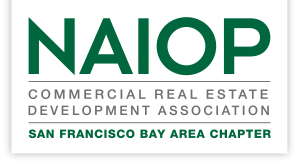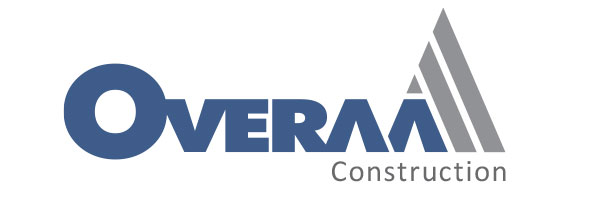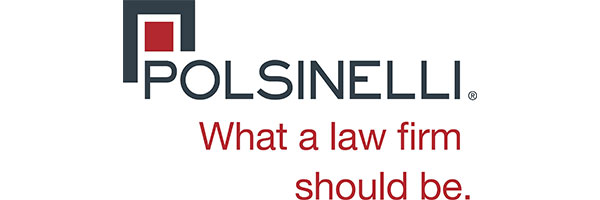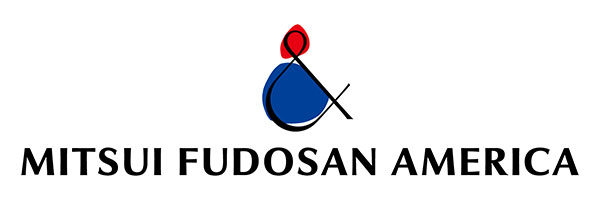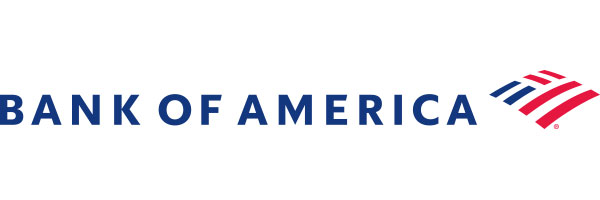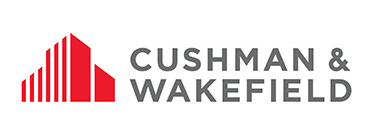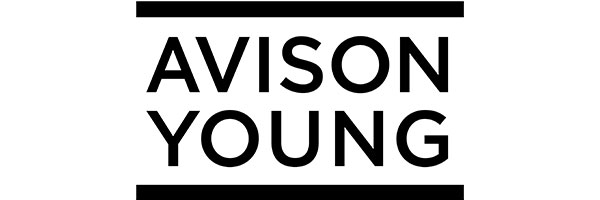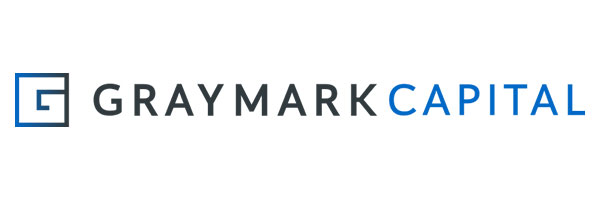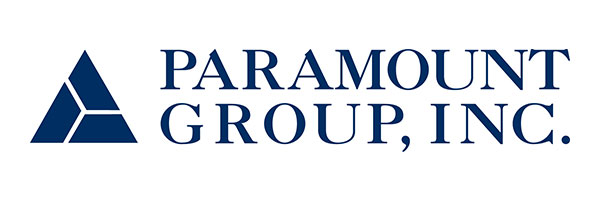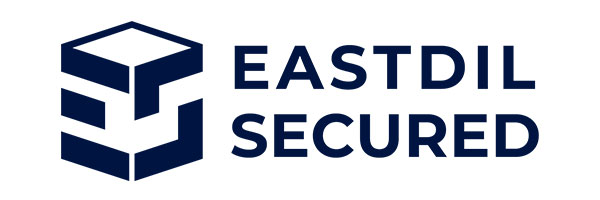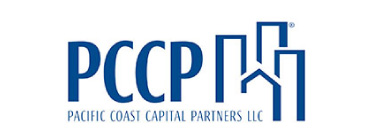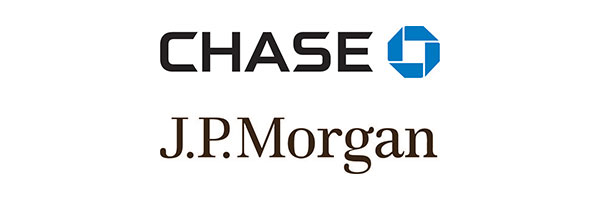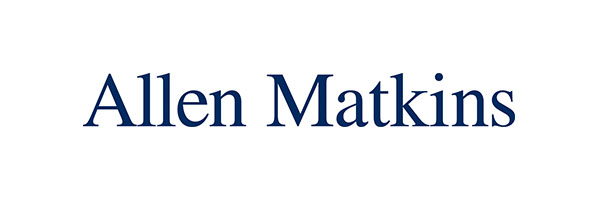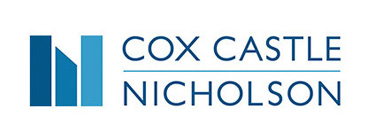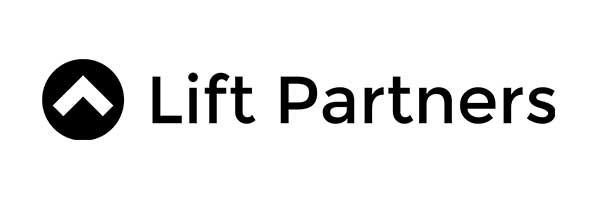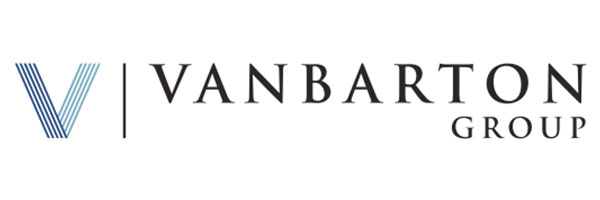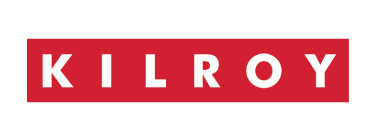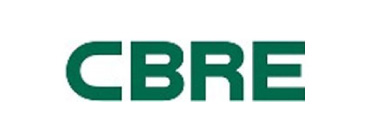CBPA's California Legislative Update 4/16/2021
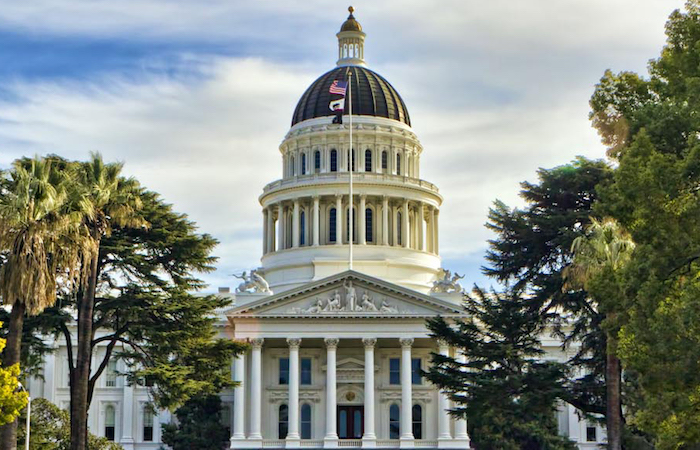
- GOVERNOR SIGNS WORKER RETENTION MANDATE
- AB 1547 WAREHOUSE BILL HELD OVER TO NEXT YEAR
- COVID-19 EMERGENCY SMALL BUSINESS EVICTION AND RENT RELIEF ACT
- SWEENY V. CRWCB APPEAL
- STATE HISTORICAL BUILDING SAFETY BOARD APPOINTMENT
- RESILIENCE ADVANTAGE WEBINAR SERIES
- CBPA 2021 CALENDAR
GOVERNOR SIGNS WORKER RETENTION MANDATE
In what has been lamented as an abuse of the legislative budget process, a bill has been rammed through the Legislature and signed by the Governor in record time. SB 93, a union-backed bill mandated worker retention, was signed into law today, over the objections of a unified business community stating the bill will have a massive negative impact on employment.
SB 93 imposes a “right of recall” provision for specified industries that will interfere with and delay the ability to reopen during and after this pandemic. The targeted industries in SB 93, are primarily in the hospitality and service industries. The requirement applies to small and large hotels, event centers, airport hospitality operations, or the provision of building services to office, retail, or other commercial buildings. Based on the broad language in the bill, it also applies to any restaurant or store that has a location inside a hotel or event center. These rights further apply when an employer goes out of business and there is a change in control or ownership.
The employers targeted under this bill are already bringing back employees who were laid off, as those employees are already trained and familiar with the operations. Impacted businesses who are operating under local right to recall ordinances have indicated they can’t find enough workers to fill available positions. It is common sense and smart business practice to rehire known, trained, and former employees who were terminated as a result of the state shutdown.
These arguments, unfortunately fell on deaf ears. And we fear this policy will actually slow down an employers’ ability to rehire employees as quickly as possible, by the burdensome provisions in the bill, as set forth below.
We applaud the CalChamber for leading efforts to defeat this measure and regret that our collective efforts fell short. The bill was signed as we were going to press, so there isn’t an available story to share about the signed bill but be sure to read the papers tomorrow!
AB 1547 WAREHOUSE BILL HELD OVER TO NEXT YEAR
Assemblymember Eloise Gomez Reyes (D-Grand Terrance) has indicated that she will not be moving her AB 1547 forward this year. The bill, targeting warehouses, caused a great deal of concern throughout the Goods Movement Chain. Although we don’t expect the bill to move this year, we will keep an eye on it to make sure.
AB 1547 is a policy that is being pushed by a variety of environment justice groups and will make it very difficult to operate any type of warehouse or logistics center as it will give unprecedented tools to NIMBY groups to fight new projects, including requiring a higher level of CEQA review.
As amended, AB 1547 will require local governments, before approving a warehouse development project, to take certain actions to identify and address the potential environmental impacts of the project and to ensure public participation by residents affected by the project and would require a facility be at least 3,000 yards (1.7 miles) from a “sensitive land use”.
This type of statutory mandate on all facilities, will potentially be used as a cudgel to stop projects that some simply don’t want in an area. Logistics centers and warehouses are extremely important to the state’s economy – and getting food and goods to people’s homes and stores – we are concerned this bill could hamper operations, push them even further away from urban areas, and make everything more expensive.
Again, we are pleased to report this bill has been pulled and will not be moving forward at this time.
COVID-19 EMERGENCY SMALL BUSINESS EVICTION AND RENT RELIEF ACT
We are pleased to report that a coalition of 20 groups representing both landlords and tenant, big businesses and small, have joined together to oppose AB 255 (Muratsuchi; D-Torrance). The bill, dubbed the “COVID-19 Emergency Small Business Eviction and Rent Relief Act,” seeks to require one business in a valid private contract to withhold payments for commercial rent owed to another business until August 2022.
While we agree with the author that the state mandated COVID-19 shelter-in-place orders have had negative impacts on businesses, we do not agree with the approach this bill takes to address the issue. All other relief measures provide state and/or federal funds, which the state has received in the billions.
AB 255 simply declares that one business can delay paying a valid business expense to another business which effectively voids a valid existing contract and will, in many cases, mean the debt is never collected.
Trying to legislate around the bill’s lack of funding, AB 255 creates a conflict with both Contractual Law and presents a Constitutional Takings concern.
The state’s own COVID-19 Small Business Relief Grant (SB 87) allows small businesses the ability to receive state assistance while prioritizing their own fiscal priorities. With more funding that program can immediately help the same businesses targeted in AB 255 without creating negative unintended consequences.
In terms of practical impacts, AB 255 provides a perverse incentive for a business to relegate rent obligations to the last payment a qualified company makes until Aug 2022; even more concerning is that it would allow a company that has received funding from the state/federal government to use that funding for all other debt obligations including taxes owed to the state/federal governments while prioritizing rent to the bottom.
Rent is business income that is used to pay janitors, landscapers, mechanical technicians, maintain the building, upkeep landscaping, pay employees, taxes, Worker’s Comp, insurance, the mortgage, and do all the other things required of a business in the state of California. This bill singles-out and denies that revenue to certain companies.
The state has already acknowledged that it has an important role to play in helping BOTH tenants and property owners recover from the economic impacts of this pandemic and have worked to fund a variety of programs that allow companies to receive assistance and cover their expenses. Unfortunately, AB 255’s differing approach from these other measures, while well-intentioned, creates unacceptable and unintended consequences and sets bad precedent.
Click the bill to read the actual bill language: AB 255
SWEENY V. CRWCB APPEAL
A rather significant lawsuit (Sweeney v. California Regional Water Control Board) dealing with due process and the definition of “waste” under California’s water quality control law has been going through California’s court system. Just recently, the First Appellate District Court over-turned a very favorable Superior Court ruling on this issue. This court case could impact how you manage water on your properties.
The first issue in question focuses on the unfair hearing process conducted by agencies like the regional water boards and BCDC. These hearings are supposed to be like trials, but no one could try a case as complicated as the Sweeney Case in the one hour provided by the Regional Board to hear the issue. In regard to BCDC, Sweeney was only given two minutes per violation. Worse still, the Regional Board action began with a proposed final decision, which the board ultimately adopted. Everything in between---all of the factual and legal arguments---were ignored.
The other issue focuses on what “waste” means under the Porter-Cologne Act. The superior court held that the dirt Sweeney used to repair the levee was not waste, because (as the California Supreme Court concluded in a solid-waste case) to be waste something must be discarded as worthless, and the dirt was a valuable building material, just as a cinderblock wall or a house foundation would be a valuable addition to property and not a waste. The US Army Corps of Engineers has agreed with this concept and has told the State Board that it doesn’t have the authority to regulate fill material because fill is not waste. The court of appeal disagreed and concluded that something is a waste regulated by the Porter-Cologne Act if it causes harm.
The Briscoe, Ivester & Bazel Law Firm will appeal the appellate court’s decision to the California Supreme Court. Business groups are being asked to review the case and sign on to support Sweeney’s position. Click here to review the decision for yourself.
STATE HISTORICAL BUILDING SAFETY BOARD APPOINTMENT
The State Historical Building Code (SHBC) was created by legislation in 1975 giving authority to the State Historical Building Safety Board to write regulations, and have consultation, review and appellate functions for code and regulation issues relating to qualified historic buildings, structures and properties.
Our industry, through the Building Owners and Managers Association of California Board has authority to appoint a representative to this board, and BOMA Cal is seeking qualified individuals to apply. Click here to read more about the role of the SHBSB.
Contact Rex W. Hime to express interest of having your name considered for this appointment by the BOMA California Board at their meeting in June, rhime@cbpa.com . Please contact Rex no later than May 14 to allow the board an appropriate time to vet the interested parties.
RESILIENCE ADVANTAGE WEBINAR SERIES
The Resilience Advantage webinar series is a cooperative effort of the Los Angeles Area Chamber of Commerce, Los Angeles County Economic Development Corp., Los Angeles County Business Federation, and the U.S. Resiliency Council. The series is sponsored by Optimum Seismic, Inc. The two Champions for this episode are the Los Angeles Area Chamber of Commerce and the US Green Building Council - Los Angeles.
For decades, architects have led the way on greening the built environment, in part through rating systems like USGBC/LEED. The new frontier in sustainable design incorporates climate and disaster resilience into plans, which lengthens building lifetimes, reduces the environmental harms and carbon impacts of damage debris, and helps communities stay economically stable in the face of the increasing threats posed by natural hazards.
This program will offer for a fresh take on the nexus between green and resilient design.
The panelists for this Webinar are Ben Stapleton, Executive Director for USGBC LA, Emilie Mazzacurati, Global Head of Moody’s Climate Solutions at Moody’s Corporation, Elaine Aye, Associate Regional Manager at RWDI and Gail Napell, Senior Associate at AIA LEED AP BD+C and Co-Director at Firmwide Design Resilience.
The complimentary program will be offered from 11 a.m. to 12:30 p.m. April 21. Click here to register.
CBPA 2021 CALENDAR
Thursday, April 8, 2021
Industrywide Legislative Committee Meeting
Zoom
Tuesday-Wednesday, June 8 – 9, 2021
California Commercial Real Estate Summit
& CBPA Annual Board Meeting
Zoom
Thursday, October 21, 2021
Industry Awards Dinner
The Renaissance Hotel, Newport Beach
Thursday-Friday, December 2 - 3
Strategic Issues Conference & CBPA Board Meeting
Embassy Suites, Napa Valley
For more information on any of our events, please contact Melissa Stevens at 916-443-4676 or mstevens@cbpa.com.
